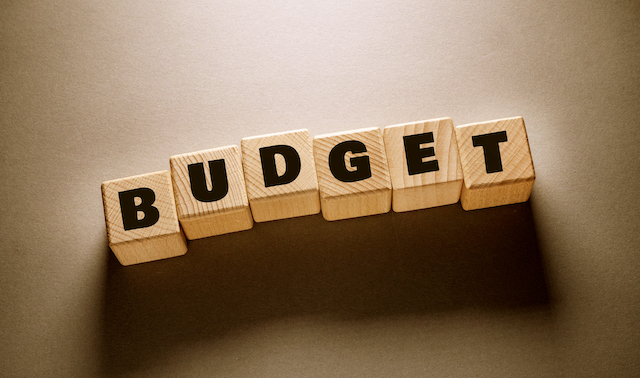Are you looking to take control of your finances? A cash budget can help you do just that. By tracking your income and expenses, you can get a better understanding of where your money is going – and where you can cut back.
Not sure where to start? This blog will give you some helpful tips on how to prepare a case budget. So grab a cup of coffee, get comfortable, and let’s get started.
What is a Cash Budget?
A cash budget is a forecasting tool that businesses use to estimate and track their incoming and outgoing cash flow. Cash budgets can be prepared on a monthly, quarterly, or annual basis.
Cash budgets are important for businesses of all sizes. They can help business owners and financial managers estimate future cash needs, track actual cash flow, and make informed decisions about how to best use their available cash.
Why Prepare a Cash Budget?
The cash flow budget is a highly useful tool for small business owners and managers. By forecasting future cash receipts and expenditures, the cash budget can help you anticipate times when your business will have a cash surplus or deficit.
This information can be used to make decisions about when to invest in new equipment or hire additional staff, for example.
By predicting future cash needs, a company can make arrangements in advance to ensure that it will have adequate funds available when they are needed.
Preparing a cash budget can also help you manage your business’s day-to-day finances more effectively.
Tracking actual cash receipts and expenditures against your budgeted amounts allows you to identify areas where your business is spending more than anticipated – and take steps to reduce these expenses.
How to Prepare a Cash Budget
A cash budget usually starts with an estimate of the company’s beginning cash balance, which is then adjusted for inflows and outflows throughout the period.
Inflows essentially refer to the amount of cash you plan to make. This includes things like revenues from sales, interest income, and loans or investments.
Outflows include things like operating expenses, debt payments, and dividends.
The budget should be updated on a regular basis (monthly or quarterly) to reflect actual results and revised estimates.
Tips for Preparing a Cash Budget
Know Your Starting Point
Before you can prepare a cash budget, you need to know your current financial situation. This includes knowing how much money you have on hand, how much money you owe, and what your regular income and expenses are.
Estimate Future Income and Expenses
Begin by estimating your income for the period of time covered by the budget. This may require some guesswork, but it is important to be as realistic as possible. Include all sources of income, such as wages, interest, dividends, and so forth.
Next, estimate your expenses for the same time frame. Again, try to be as realistic as possible. Include all fixed expenses (such as rent or mortgage payments) as well as variable expenses (such as food and transportation costs).
Put Your Budget in Writing
Once you have estimated your income and cash expenses, it’s time to create the budget itself. Start by listing all sources of income in one column and all expenses in another column. Then, subtract your total expenses from your total income.
If the result is positive, this means you have more money coming in than going out – which is good news! If the result is negative, however, it means you are spending more than you are bringing in – which is not so good news.
Make Adjustments as Needed
As you go through the process of preparing a cash budget, you may find that some of your estimates were too high or too low.
Adjust your budget accordingly so that it accurately reflects your expected income and expenses.
Stick to Your Plan
Once you have prepared a cash budget, it is important to follow to it as closely as possible. This means sticking to the amounts that you have allocated for each income and expense item.
Now You Know How to Prepare a Cash Budget
A cash budget is an important tool for managing your business’s finances. By forecasting your cash inflows and outflows, you can anticipate periods of tight cash flow and take steps to avoid them. A cash budget can also help you make decisions about how to invest your surplus cash.
Interested in more top finance tips? Check out some of our other blog posts on financial planning.


